‘I want to be a teacher’ Lonjezo Max, a 10 years old boy
Save the Children, through a project on integrated services for Education, Health and nutrition and Child Protection is working with teachers in 10 schools with 5 being in Morrumbala and 5 in Milange with the vision of empowering them with more knowledge to improve reading and writing in primary classes (grade 1 to 3). For the purpose that the teachers are in capacity to adopt interactive methodologies that transmit knowledge to the students.
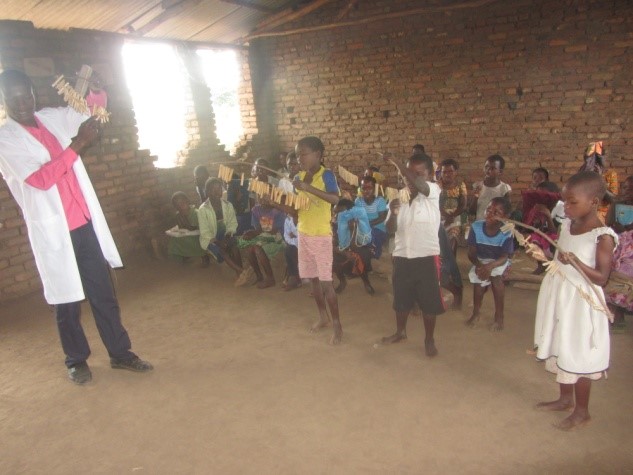
The training of teachers for the literacy boost approach is done in modules with the frequency of 9 sessions that are oriented through the year, through a team of trainers previously prepared for this purpose. Literacy boost is an approach where the teacher guides the learning process by teaching 5 fundamental skills, namely: the alphabet, phonemes, fluency, vocabulary and comprehension at early stages in primary classes. The teacher uses simple methods to make reading active and fun for the student, using local resources to enrich the existing teaching material each time, in ways that create a better taste for reading and understanding.
Following the case of one boy who benefitted from the project activities through the training of his community school teachers in Massala. In this school 3 teachers benefitted from Literacy Boost training in 2017.
Lonjezo Max, a 10 year old boy, lives with his parents (step dad and mum) and his younger brother, in the heart of the village of Massala, a district of Milange, Zambezia province. He was born in the kinglet of Samburabué, in the Administrative Post of Majawa, but accordingly to his mother, the boy was born in one of the maternities in Malawi.
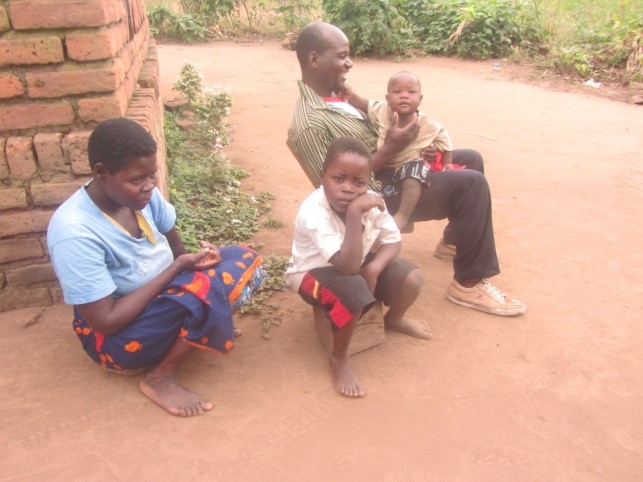
The story of Lonjezo is a follow up, from when the project started in 2016. His family lives on a farm that produces cereal and legumes (maize, beans, potatoes and green vegetables). Day to day Lonjezo gets up in the morning, washes his face, helps his mum clean the house and then goes to school with his friends. Lonjezo continues to study at the primary school of Calize-Massala, a school with 2 rooms and an administrative cabinet. In his free time he likes to play football and play with his friends.
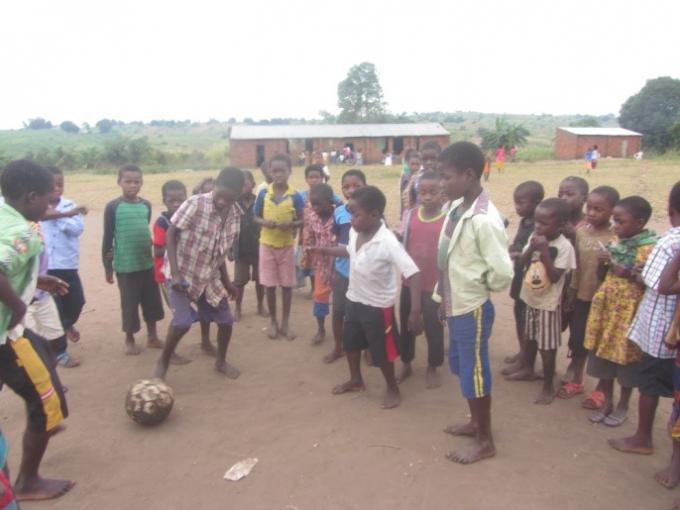
Lonjezo lives in a house made of burnt block and covered in zinc sheets – it is a house of local materials and approximately 1km from the school. The house doesn’t have electricity so they use lanterns during the night for visibility. Lonjezo’s parents don’t have the necessary conditions and live in poverty. The community consume water drawn from a well-made with project support located in the same neighbourhood.
Lonjezo has always had a dream saying “When I grow up I want to be a teacher so that I can also teach other children how to count and write”
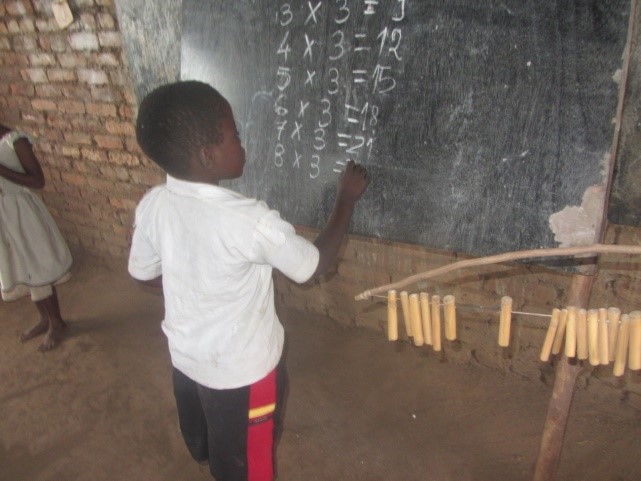 According to a teacher Mr.Valentim, who lectures grade 3 in Lonjezo’s class, says he’s seen progress and that Lonjezo has acquired some skills in numeracy; he can count from 1 to 100 and knows how to identify numbers, solve simple math exercises in addition, subtraction and multiplication. He can also read simple short texts although learning in Portuguese outside of the local language has continued to be a major challenge. What separates Lonjezo from the other boys is that he is punctual and meticulous, his motivation for school is one that the teachers can also appreciate. According to Mr.Valentim, Lonjezo likes to go to the blackboard to solve exercises voluntarily.
According to a teacher Mr.Valentim, who lectures grade 3 in Lonjezo’s class, says he’s seen progress and that Lonjezo has acquired some skills in numeracy; he can count from 1 to 100 and knows how to identify numbers, solve simple math exercises in addition, subtraction and multiplication. He can also read simple short texts although learning in Portuguese outside of the local language has continued to be a major challenge. What separates Lonjezo from the other boys is that he is punctual and meticulous, his motivation for school is one that the teachers can also appreciate. According to Mr.Valentim, Lonjezo likes to go to the blackboard to solve exercises voluntarily.
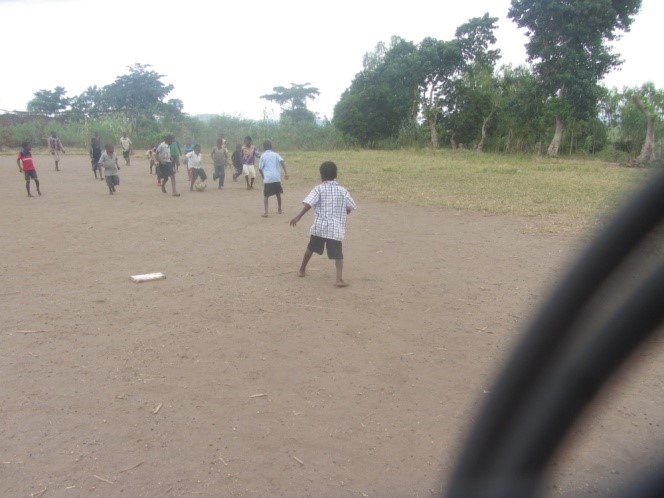
Aside from having the best grades in terms of reading ability, the boy likes sports and playing with the other children of the community/ school.
Still in conversation with Mr.Valentim, he says that the training helped the teachers a lot in using basic methodology to improve the learning process for children.
The literacy boost approach doesn’t only train the teachers at the Massala school, but also reaches a total of 45 teachers in the districts of Morrumbala and Milange of which 10 schools all benefit from the training. It is important to note that for the year 2018, 3,553 children of the 10 schools are covered by the project, of which 1,627 are female.
Mr. Max, Lonjezo’s dad, aside from practicing agriculture also works in a small business in the local market where he sells soap, sugar, matches and biscuits to add to household income.
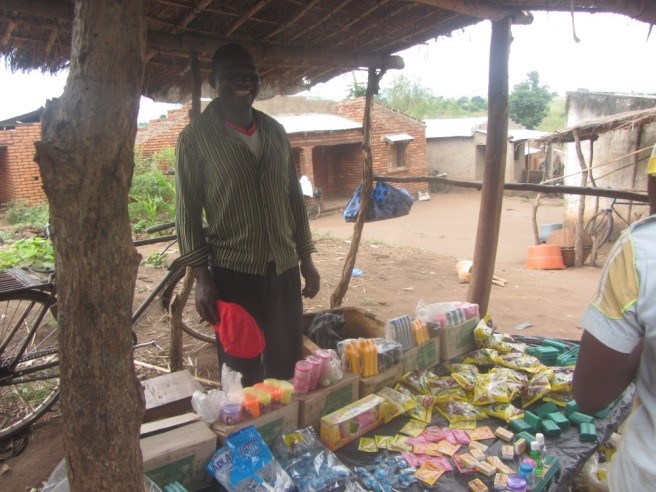
Mr Max, Lonjezo’s dad, says he is satisfied with the activities of the project because he can see changes in his son such as, singing, greeting, reading, writing and counting in Portuguese.
 Mozambique
Mozambique